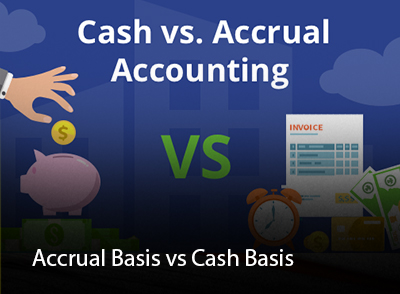Accounting
Accounting is the broader process of identifying, measuring, recording, and communicating financial information about an economic entity. It involves the systematic and comprehensive recording of financial transactions, summarizing them into financial statements, and interpreting the results. Here are key aspects of accounting:













Financial Transactions
Accounting starts with the identification and recording of financial transactions. These transactions can include sales, purchases, investments, loans, and other business activities.
Double-Entry System
Most accounting systems use the double-entry system, where each transaction has equal and opposite effects on at least two accounts. This system ensures that the accounting equation (assets = liabilities + equity) remains balanced.
Recording in Journals and Ledgers
A chart of accounts is a structured list that categorizes a company's financial transactions into different accounts, making it easier to organize and analyze the data.
Chart of Accounts
The chart of accounts is a structured list that categorizes a company's financial transactions into different accounts, making it easier to organize and analyze the data.
Financial Statements
Accounting produces financial statements, including the income statement, balance sheet, and cash flow statement, which provide a comprehensive view of a company's financial performance and position.
Accrual Basis vs Cash Basis
Accounting can be done on an accrual basis, where transactions are recorded when they occur, or on a cash basis, where transactions are recorded when cash changes hands.
Analysis and Interpretation
Accountants analyze financial data to provide insights into a company's financial health, trends, and performance. This analysis is crucial for decision-making.
Budgeting and Forecasting
Accounting information is used in budgeting and forecasting to plan for future financial activities and set financial goals.
Internal and External Auditing
Internal and external auditors use accounting records to assess the accuracy of financial reporting, compliance with laws and regulations, and the effectiveness of internal controls.
Tax Reporting and Compliance
Accounting plays a key role in tax reporting, helping businesses comply with tax laws, calculate liabilities, and submit accurate tax returns.
Management Accounting
Management accounting involves creating reports and analyses for internal use, helping management make informed decisions about operations, strategy, and resource allocation.
Ethics and Professional Standards
Accountants are often guided by ethical principles and professional standards, such as those established by professional accounting organizations (e.g., the American Institute of Certified Public Accountants - AICPA).
Technology Integration
Accounting systems increasingly use technology, including accounting software and enterprise resource planning (ERP) systems, to automate processes, enhance accuracy, and improve efficiency.
Accounting is a fundamental function in business and provides a systematic way to track and report financial information. It serves as a crucial tool for stakeholders, including investors, creditors, management, and government agencies, to assess the financial health and performance of an organization.
